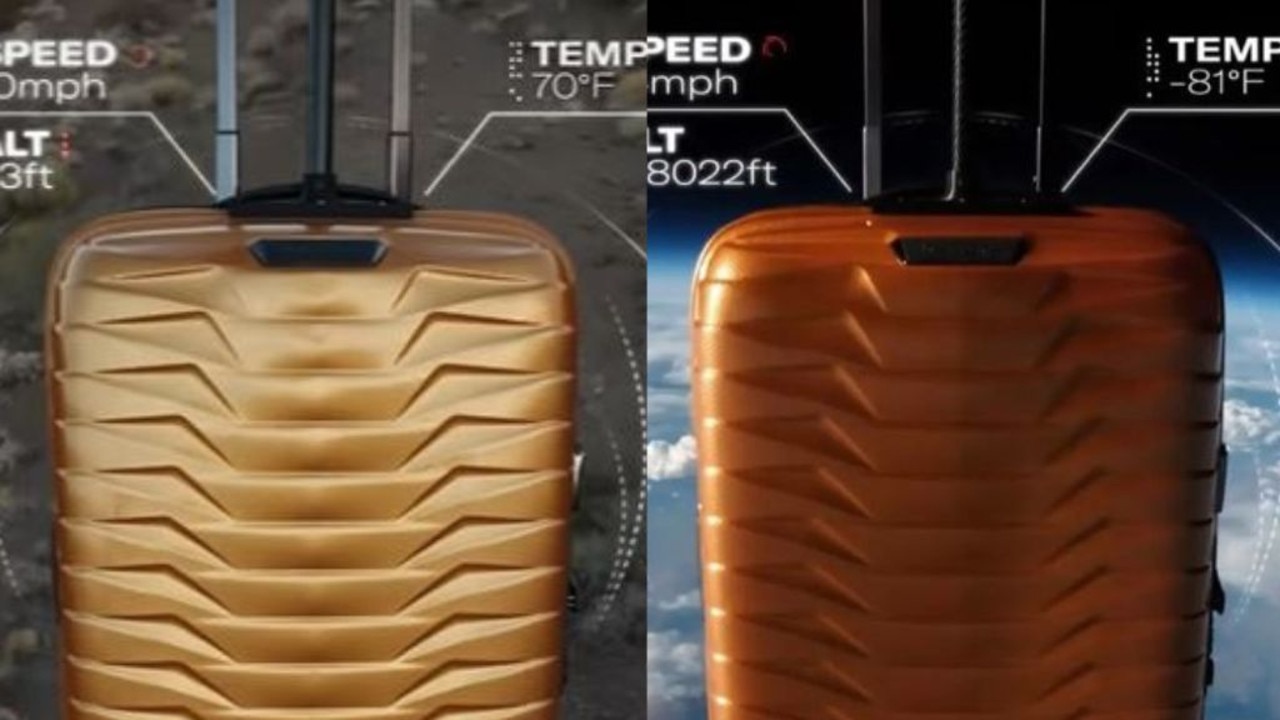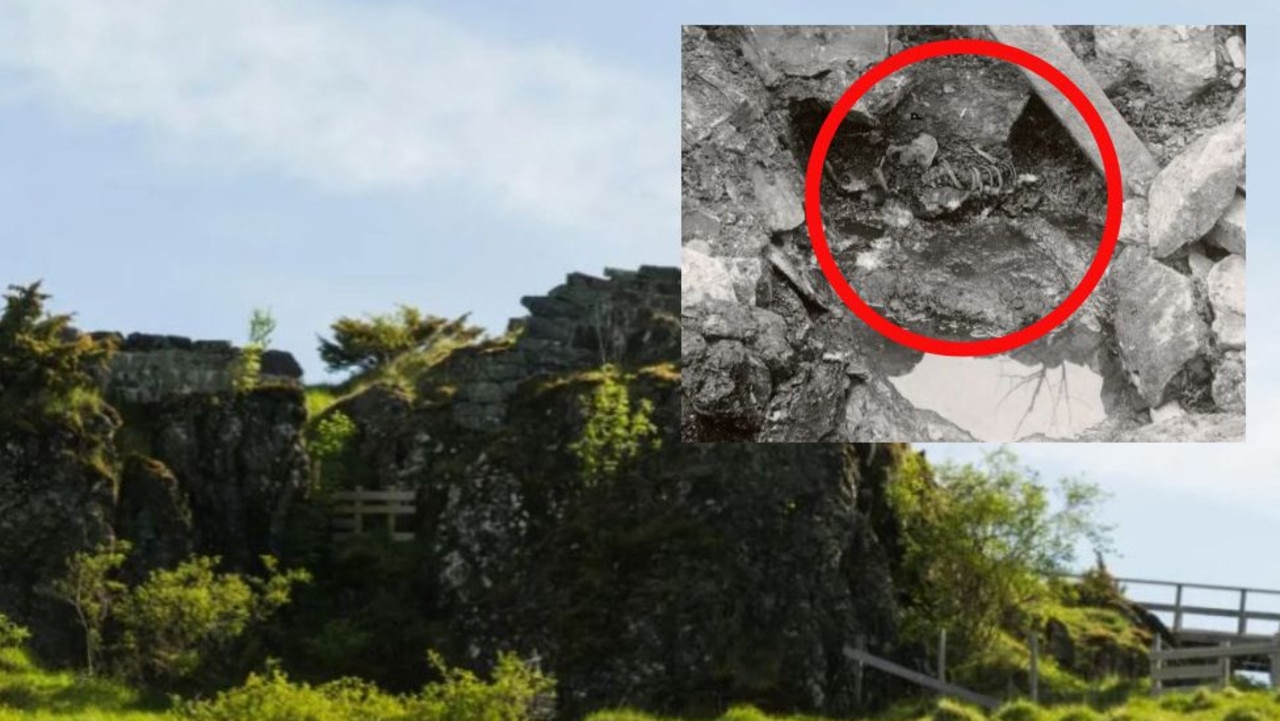Inside sunken city dubbed ‘Las Vegas of Rome’
Incredible underwater footage shows the abandoned ruins of the once thriving hotspot with statues of naked men signifying the cities lust and cheeky side.
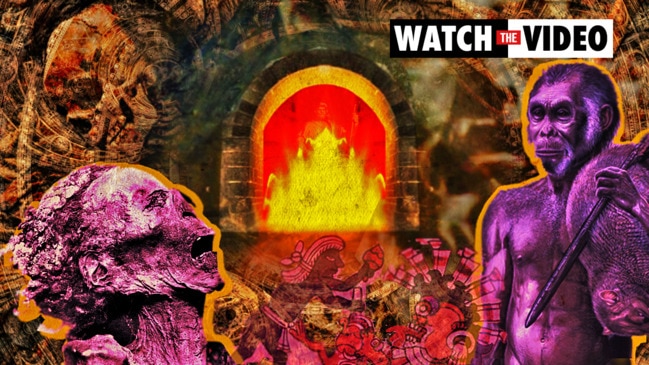
Hidden deep under Italy sits an ancient sunken city once beloved by the rich and powerful and dubbed the Las Vegas of Rome.
Incredible underwater footage shows the abandoned ruins of the once thriving holiday hotspot of Baia in the Gulf of Naples with fish now roaming the affluent grounds.
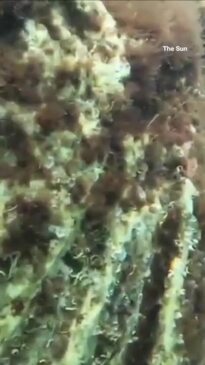
Made up of a whopping 177-hectares, parts of the city has stayed in relatively good shape with artefacts and a huge number of statues still sat on the seabed.
Archaeologists and divers discovered the former Roman city after finding a stunning marble floor around 20ft below the surface.
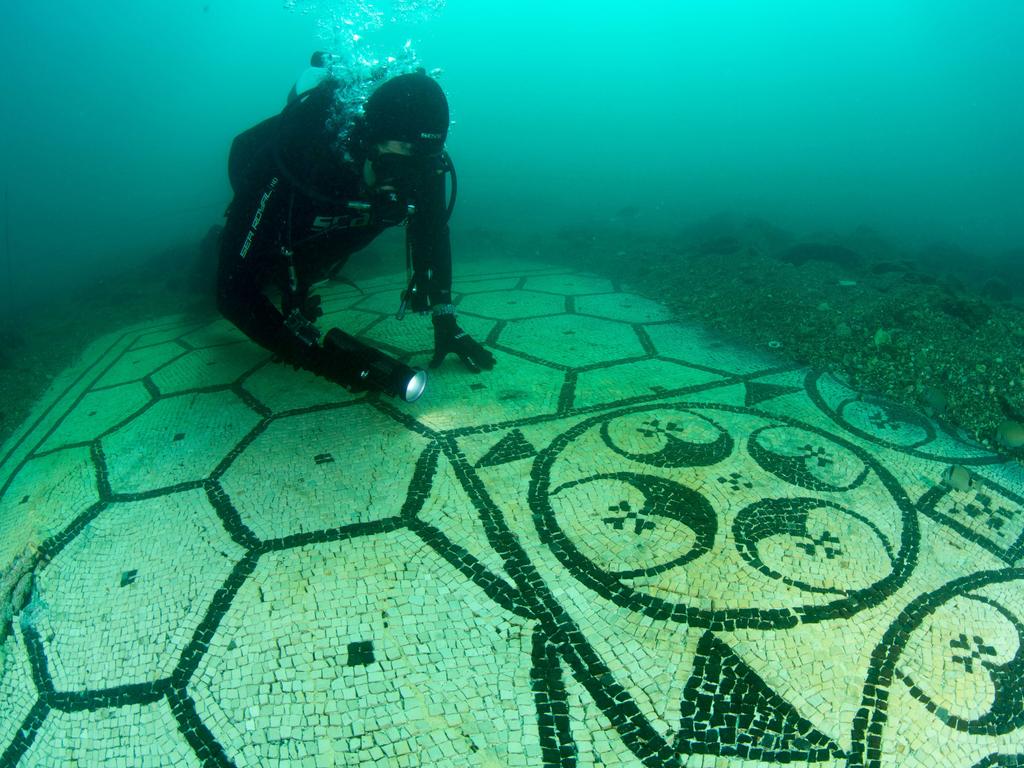
Amazing pictures show the mosaic groundwork featuring thousands of expertly curated slabs of colourful marble fitted together to form what researchers believe would have been a villa reception.
The material and patterns used point towards the city dating back to at least the third century, say the Archaeological Park of the Phlegraean Fields.

More than 2,000 years ago Baia was the getaway resort for thousands of wealthy tourists looking for a secluded and private trip away.
Widely regarded as an affluent and fashionable seaside resort the area was visited by some of Rome’s most elite.
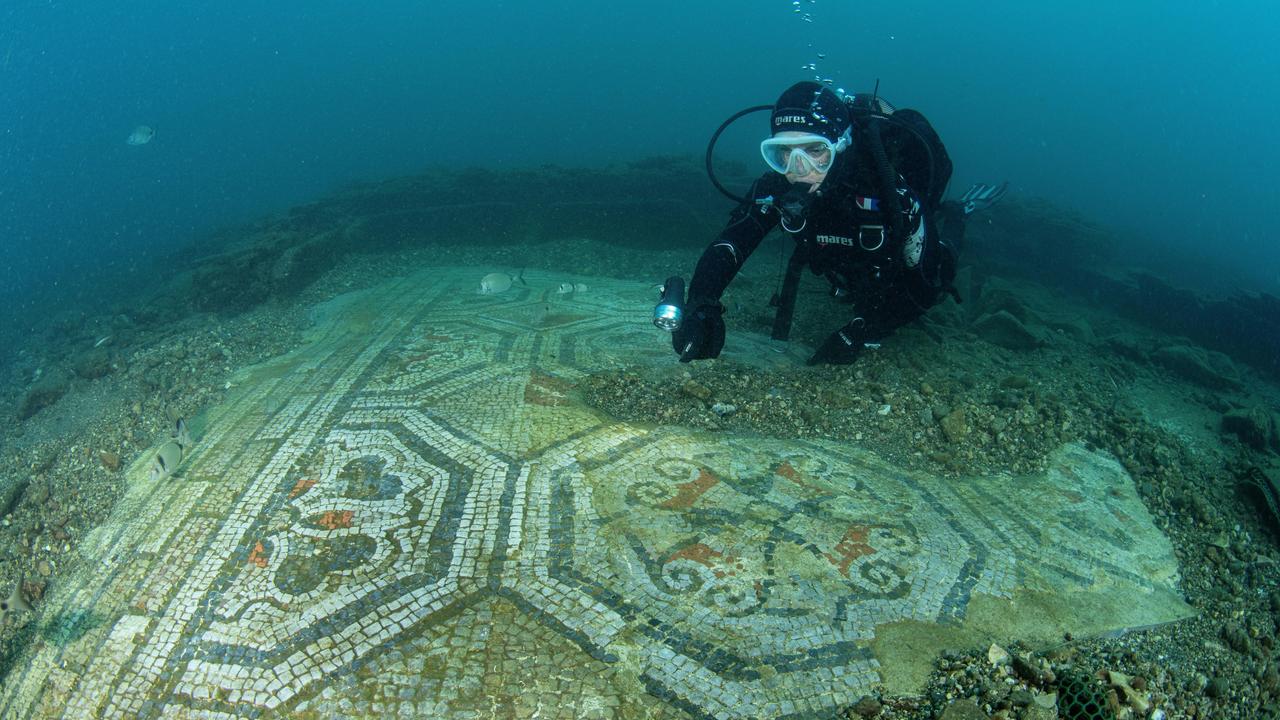
Julius Ceaser, Cleopatra, Cicero and Hadrian all roamed across the ancient city in their day.
John Smout, a researcher who has partnered with local archaeologists to study the site even claims Cleopatra once visited the city.
He said: “There are many tales of intrigue associated with Baia. Rumour has it that Cleopatra escaped in her boat from Baia after Julius Caesar was murdered in 44BC, while Julia Agrippina plotted her husband Claudius’ death at Baia so her son Nero could become emperor of Rome.”

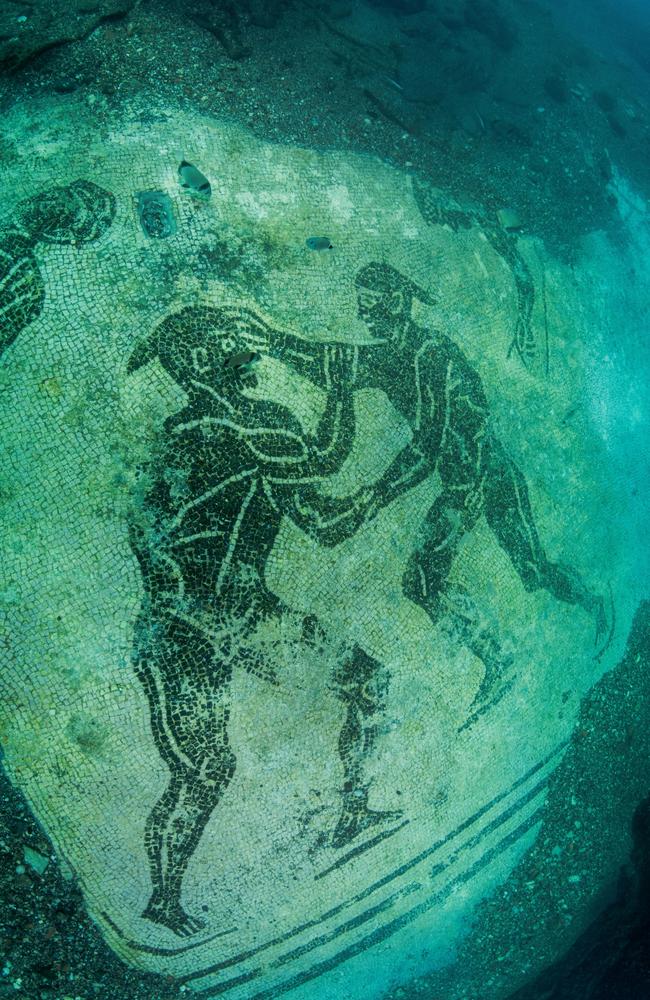
The streets were lined with luxurious villas built by millionaires with celebrities said to have enjoyed the cities rejuvenating volcanic hot springs.
Dubbed “The Las Vegas of Rome”, the city quickly earned a reputation for fulfilling the wealthiest player’s wildest dreams.

Statues of naked men can still be seen under the water to this day signifying the cities lust and cheeky side.
Famous Stoic philosopher of Rome, Seneca, was adamant that the “city full of sin” should’ve been avoided at all costs.
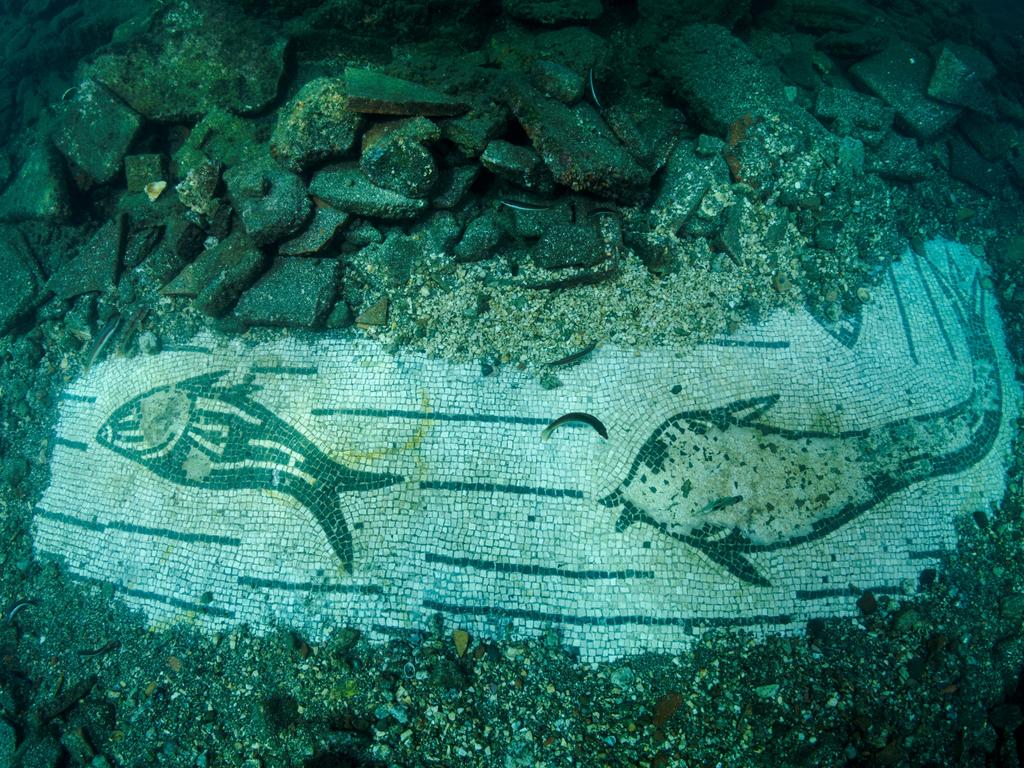
This was reportedly in part due to the daily naked romps and drunken walks that would be commonplace in Baia.
Its demise started with the fall of the Roman Empire which saw the city attacked by crusaders and several feared armies.
But Baia’s ultimate downfall came due to its location just 30km from Naples as it sits in an area high for volcanic activity.
More Coverage
Within a few centuries the city was constantly rocked by hydrothermal and seismic activity which caused it to sink into the watery grave it lays in today.
In 2002, the site was made a Marine Protected Area meaning licensed divers can explore the undersea graveyard.
This article originally appeared on The Sun and was reproduced with permission



